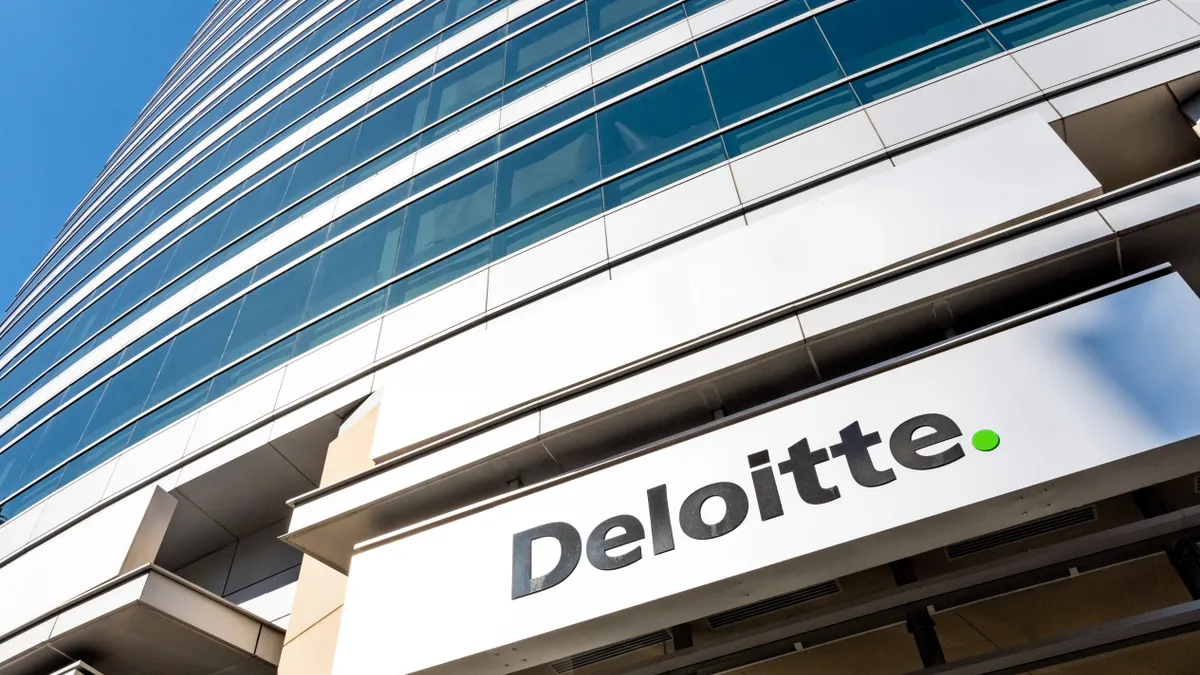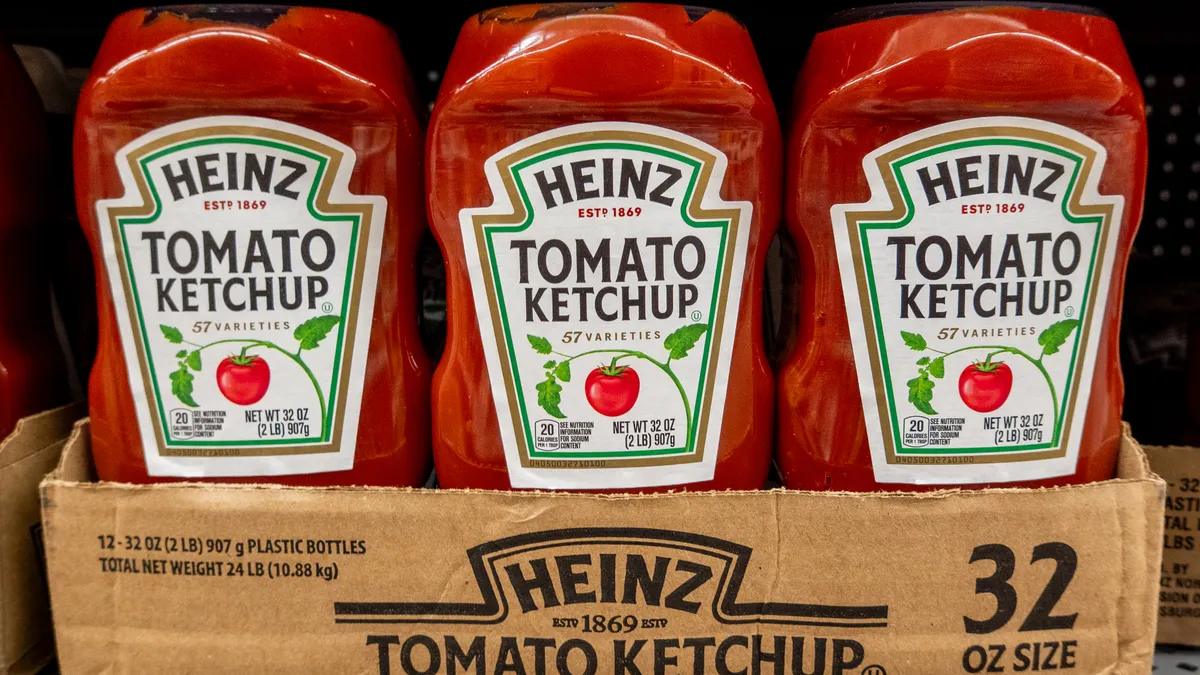Dive Brief:
- Deloitte is rolling out an internal generative AI platform, PairD, to 75,000 employees across Europe and the Middle East, the company said Monday.
- Developed in-house by Deloitte’s AI Institute, PairD assists employees with daily tasks, which include writing code, drafting content and conducting research. The tool can create project plans as well as suggest task prioritization, according to the company.
- Deloitte’s rollout of PairD began Dec. 10 and is ongoing, according to a spokesperson. The company expects a total of 100,000 employees will gain access to the tool in the next six months.
Dive Insight:
Global consulting firms have been using AI to boost internal capabilities while also enhancing the services they provide to enterprise clients.
“Our generative AI platform is part of long-term AI investment plans, as we continue to explore the potential that this technology could offer our firm, our clients and wider society,” Costi Perricos, generative AI leader at Deloitte, said in the announcement. “A key focus for employers should be on how to use these new tools safely so that they can be applied correctly and create value.”
Following the internal rollout, Deloitte will give access and training to employees at Scope, a disability equality charity, to bolster its digital capabilities and responsible AI use.
Deloitte joins a growing list of professional services firms using generative AI to augment employees. PwC gave employees access to its conversational generative AI assistant ChatPwC in a phased approach last summer. EY launched a platform called EY.ai as part of its AI strategy, which entailed a $1.4 billion investment. KPMG developed an internal generative AI tool as well last year to reduce administrative burdens and assist with audit quality.
The continued interest in generative AI is resulting in broader adoption by employees and IT leadership. Two-thirds of business leaders have deployed private, secure generative AI tools to their workforces, according to an Insight Enterprises survey last month.
Despite progress, the technology still carries an air of uncertainty. Regulatory agencies are expected to continue their focus on keeping AI claims in check while governing officials turn their attention to crafting legislation to protect consumers from harm.
Enterprise tech leaders are tracking the evolving landscape as pressure mounts to move businesses from experimentation to implementation. Selecting the right solution for the job or business problem will require leaders to assess the marketplace to bring value.
“Companies would be served well to do market analysis, research and compare and contrast offerings,” said Maneesha Mithal, partner, privacy and cybersecurity at Wilson Sonsini Goodrich & Rosati.
Understanding the organization’s risk tolerance will guide CIOs through choosing the right generative AI solution, from assessing risks and mitigation techniques to understanding when and where a solution is most applicable and appropriate, Mithal said.





















